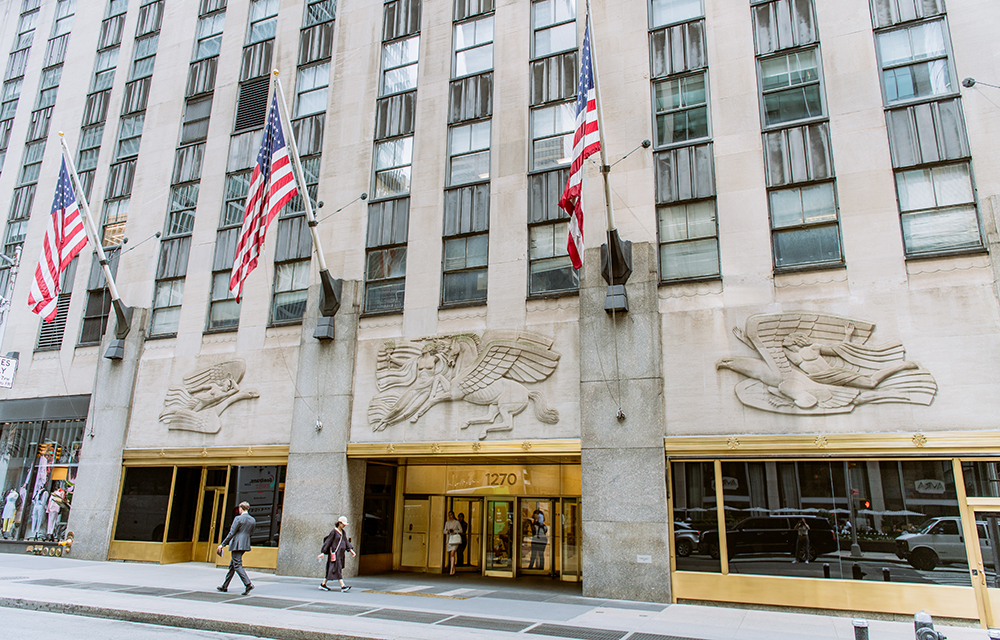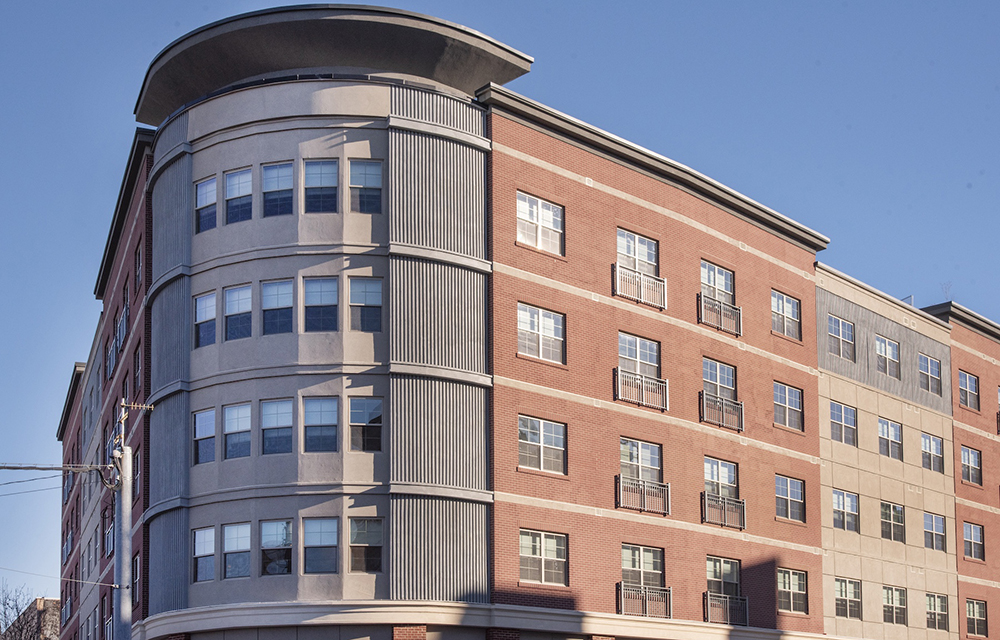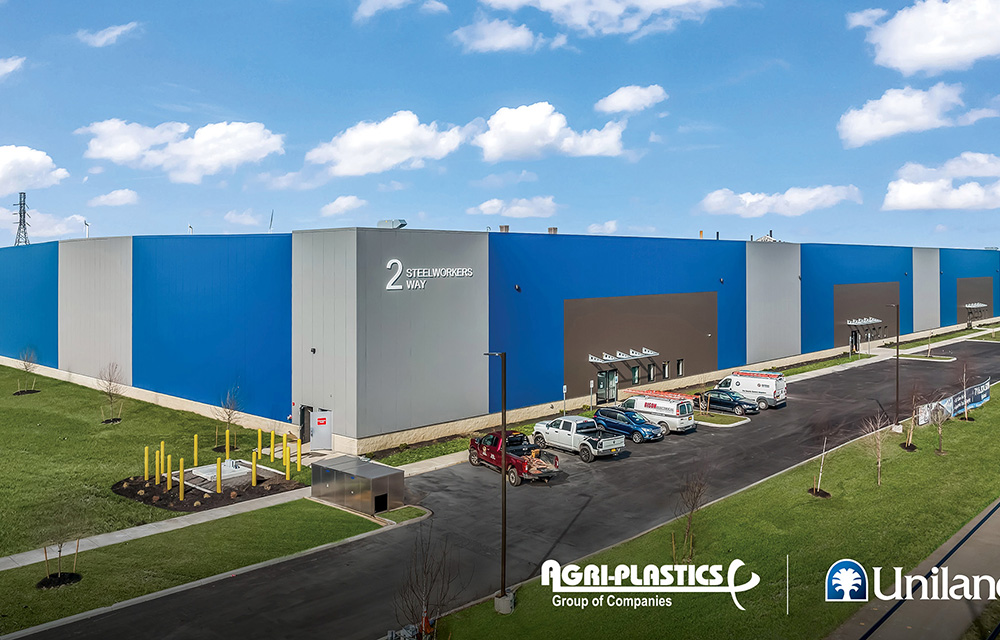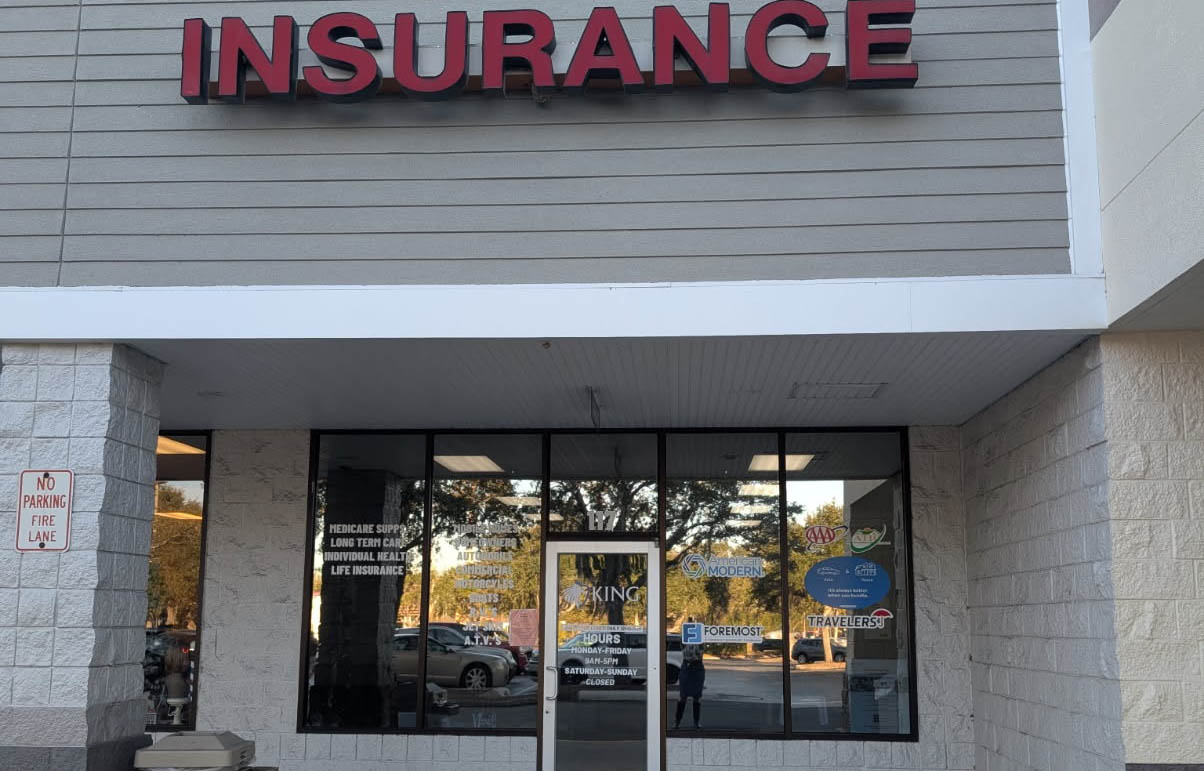Message from the president of Real Estate Board of New York - by James Whelan

The latest phase of New York City’s economic recovery has shown how vital the real estate industry is for the region’s vibrancy. Thanks to the hard work of thousands of real estate professionals, New York City continues to be an attractive place to live and work.
We’re not out of the woods yet though when it comes to full recovery from the profound impacts of the COVID-19 pandemic. As we take pause at our annual event on April 20th to recognize incredible honorees who have each left indelible impacts on our industry and New York City’s civic welfare, we are mindful of the challenges ahead and the important role real estate must play for the collective progress of our city and its residents.
The residential market has remained extremely competitive over the last year and retail property owners are seeing strong demand from a wide range of brands across all five boroughs. Many of the world’s largest and most innovative companies have not only maintained their office presence in our central business districts, but further invested in our most impressive buildings.
Looking forward, we must figure out how to better position some obsolete office properties to help meet housing demand. As part of the New York panel and New York City Office Adaptive Reuse Task Force, Real Estate Board of New York (REBNY) has worked to identify a universe of buildings and advance recommendations for state and city regulatory reforms and abatement programs that will help spur conversions of underperforming office properties to new housing, including below market rate units.
New York City faces a housing supply crisis as an additional 560,000 new homes are needed by 2030 to keep up with projected population growth. With macroeconomic trends driving up building costs and programs to help spur development in short supply, housing production has continued to fall short. According to a December 2022 REBNY report, new multifamily construction projected dropped by 60% in the second half of 2022 following the expiration of the state’s 421-a program in June 2022. REBNY is aggressively advocating for sensible, data-driven public policies that will utilize every opportunity available to create more homes.
The global challenge of climate change poses a significant threat to our city and will require leadership from the real estate industry to help address. REBNY and its members have advanced sustainable development practices and supported government and organizational policies with the long-term goal of decarbonizing the built environment. Most recently, the organization worked with local leaders to inform New York City’s new building decarbonization mandate and successfully advocated for the Clean Path NY project and the Champlain Hudson Power Express, the largest renewable energy and transmission projects in New York State in 50 years.
There are some well-intentioned policies regarding sustainability that are not effective or practical, like New York City Local Law 97, which could cost as many as 3,700 properties over $200 million in annual fines beginning next year. During this critical time for our economy and planet, REBNY is aggressively advocating for the creation of more effective tools for building owners to reduce climate change.
Finally, REBNY knows that our industry must reflect the city it serves. To this end, more work must be done when it comes to diversity, equity and inclusion within our own ranks and REBNY has supported a wide range of social impact programs over the last year. We recently launched a Social Impact Council, where lead Social Impact, DEI and other officers within REBNY’s largest member firms gather to share ideas and best practices. Now in its third year, the REBNY Fellows Leadership Program provides early to mid-career professionals from diverse backgrounds a high impact leadership program to elevate their careers in real estate and increase their impact on the industry’s future. REBNY also partners with stakeholders to help diverse college students earn internships in the industry. This summer, REBNY will partner with the City’s Summer Youth Employment Program (SYEP) and Ladders for Leaders to help interns gain experience to launch careers in real estate.
At a pivotal crossroads for the future of New York’s economy and real estate industry, REBNY is focused on building coalitions to advance smart policy to make sure our industry can continue to serve as an economic engine for our city and its residents.
James Whelan is the president of the Real Estate Board of New York.
Horizon Kinetics relocates new headquarters to Tishman Speyer’s Rockefeller Center


AI comes to public relations, but be cautious, experts say - by Harry Zlokower

Strategic pause - by Shallini Mehra and Chirag Doshi

Lasting effects of eminent domain on commercial development - by Sebastian Jablonski









.jpg)
.gif)
.gif)